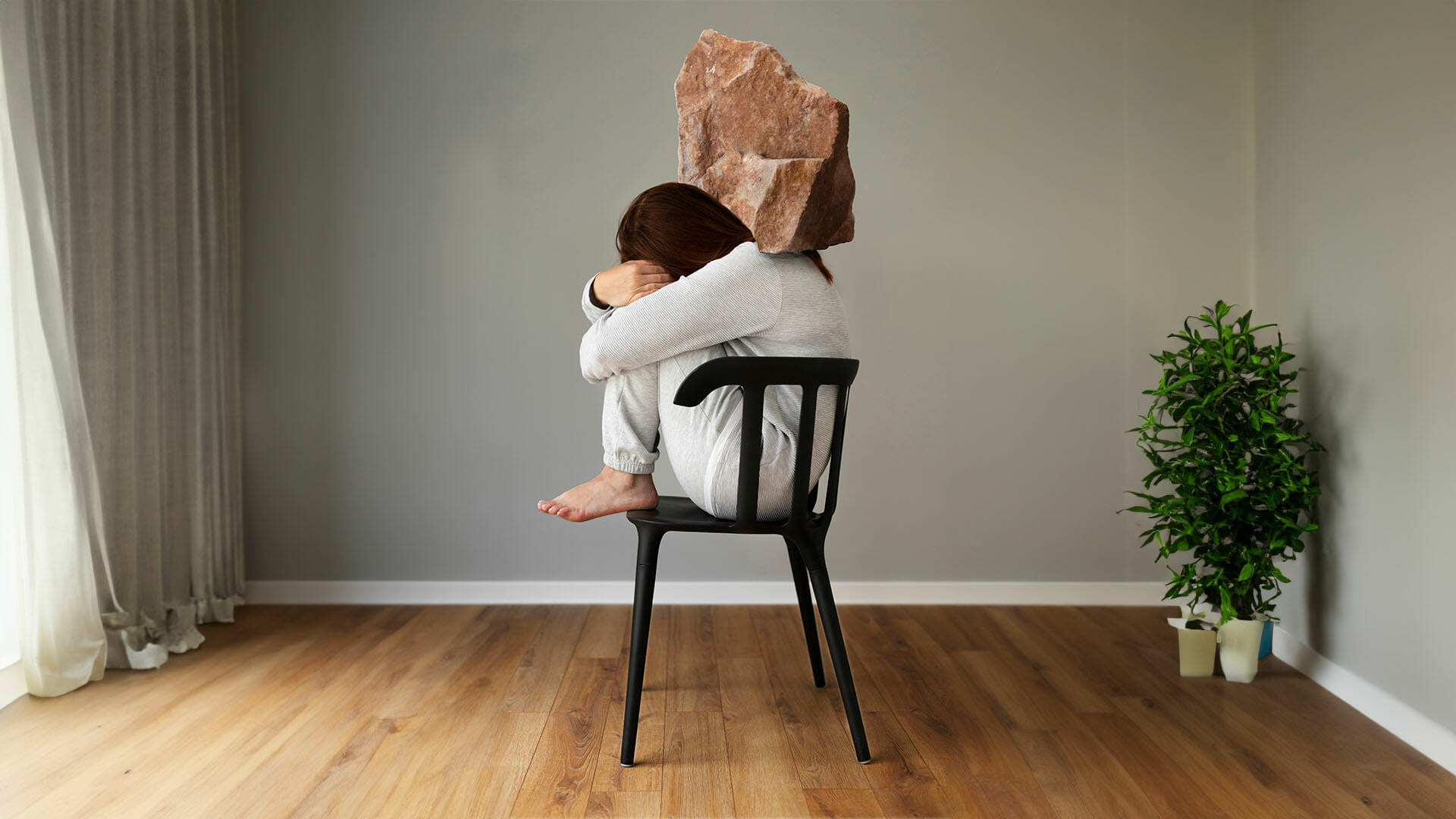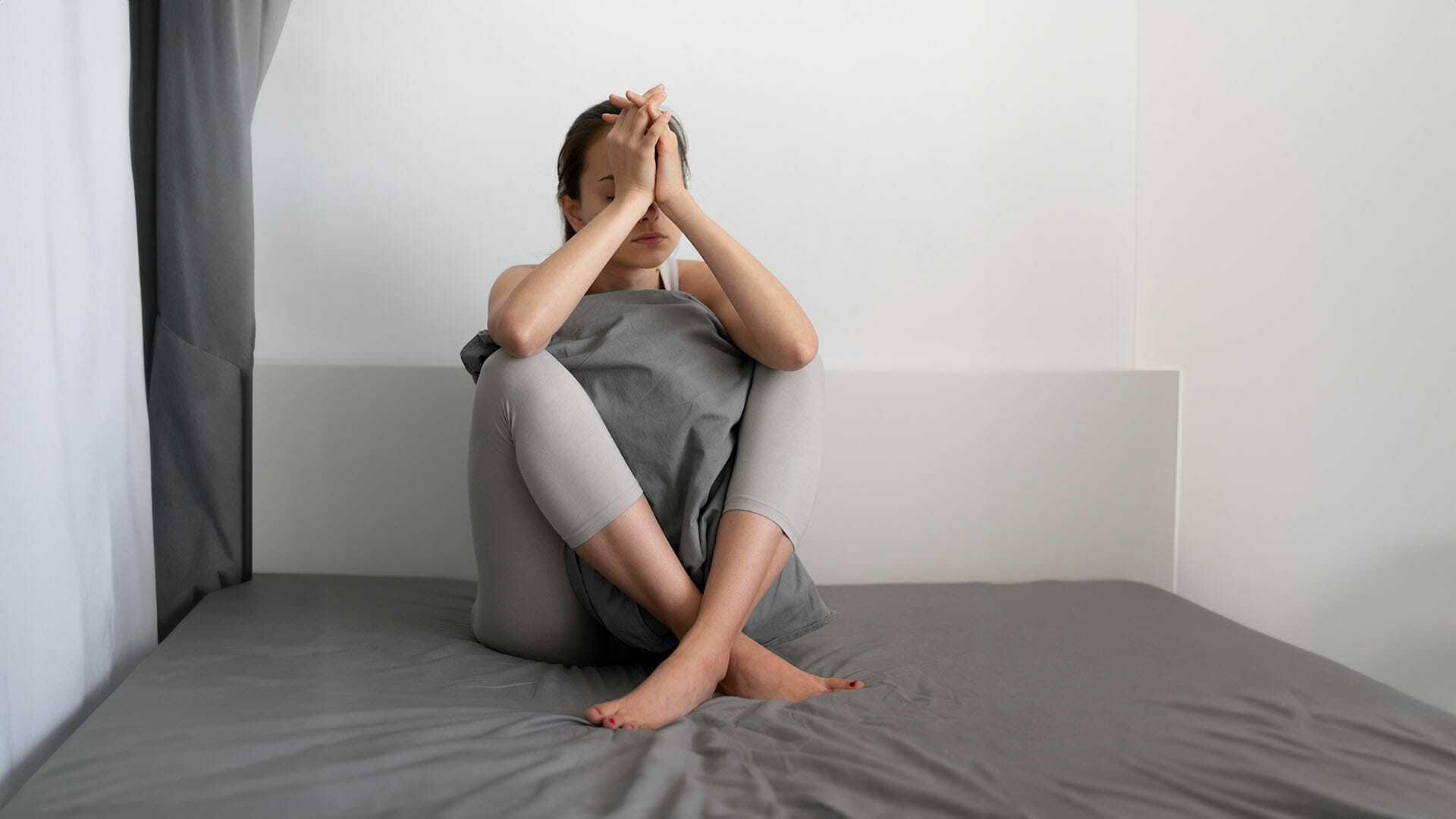Depression
Most people go through periods of feeling down, but when you’re depressed you feel persistently sad for weeks or months, rather than just a few days.
Depression is more than simply feeling unhappy or fed up for a few days.
Depression characterizes by persistent feelings of sadness, loss of interest or pleasure in activities, changes in appetite and sleep patterns, low energy, difficulty concentrating, and experiencing negative thoughts or feelings. It tends to significantly impact an individual’s daily functioning and overall quality of life.
Research studies have shown that one of the most effective treatments for Depression is Cognitive Behavioural Therapy (CBT).
CBT is an evidence-based intervention, that focuses on the connection between our thoughts, emotions, and behaviours. It aims to help individuals identify and challenge negative thinking patterns that contribute to their depressive symptoms.
In CBT for depression, the therapist and client work collaboratively to explore and understand the underlying beliefs and thoughts that contribute to depressive feelings. This is done through a process of identifying patterns of negative thinking, such as overgeneralizing, catastrophizing, or personalizing negative events.
Once these negative thinking patterns are identified, the therapist helps the client challenge and reframe these thoughts, replacing them with more balanced and realistic ones. This process involves examining the evidence for and against these negative thoughts and developing alternative interpretations or explanations.
CBT also focuses on behavioural activation, which involves setting meaningful and achievable goals and engaging in activities that promote a sense of accomplishment and pleasure. By increasing engagement in positive and rewarding activities, individuals can counteract the withdrawal and isolation often associated with depression.
Throughout CBT, individuals are encouraged to develop coping strategies and problem-solving skills to manage stress and build resilience. They learn to recognize and challenge negative automatic thoughts, develop more adaptive ways of thinking, and implement healthier behaviours.
It is important to emphasize that CBT is a structured and time-limited therapy, typically consisting of a specific number of sessions. The number of sessions may vary depending on the individual’s needs and the severity of their depression.
I’ve been feeling down but is it Depression?
1. Do you experience the following symptoms, for longer than 2 weeks?
• Depressed mood most of the day, nearly every day.
• Lost of noticeably diminished interest or pleasure in most activities.
• Noticeable weight loss or gain, or decrease or increase in appetite.
• Difficulty sleeping or sleeping too much (insomnia or hypersomnia).
• Frequent restlessness or sluggishness
• Persistent fatigue or loss of energy.
• Feelings of worthlessness or excessive or inappropriate guilt.
• Reduced ability to think or concentrate, or indecisiveness.
• Recurrent thoughts of live not being worth living or that you’d be better off dead
2. Do the above symptoms cause significant distress or negatively impact on your family life, social interactions and/or ability to work/study?
If you answered yes to most of the above, you may have Depression.
It is best to
arrange an appointment
to further explore your current difficulties and start your journey to recovery.




















